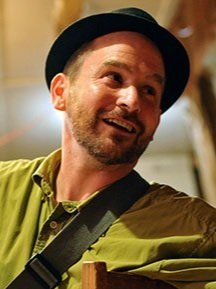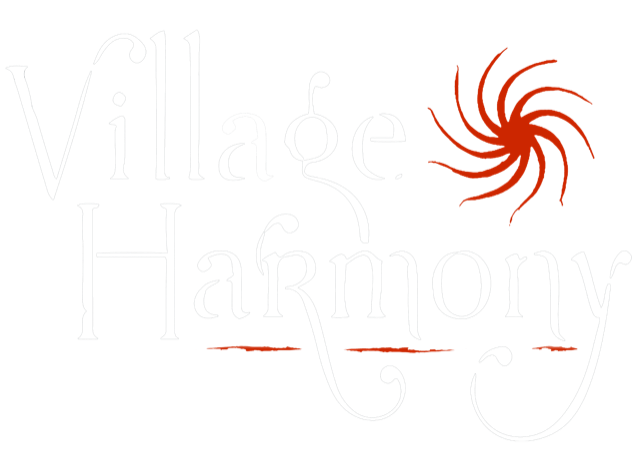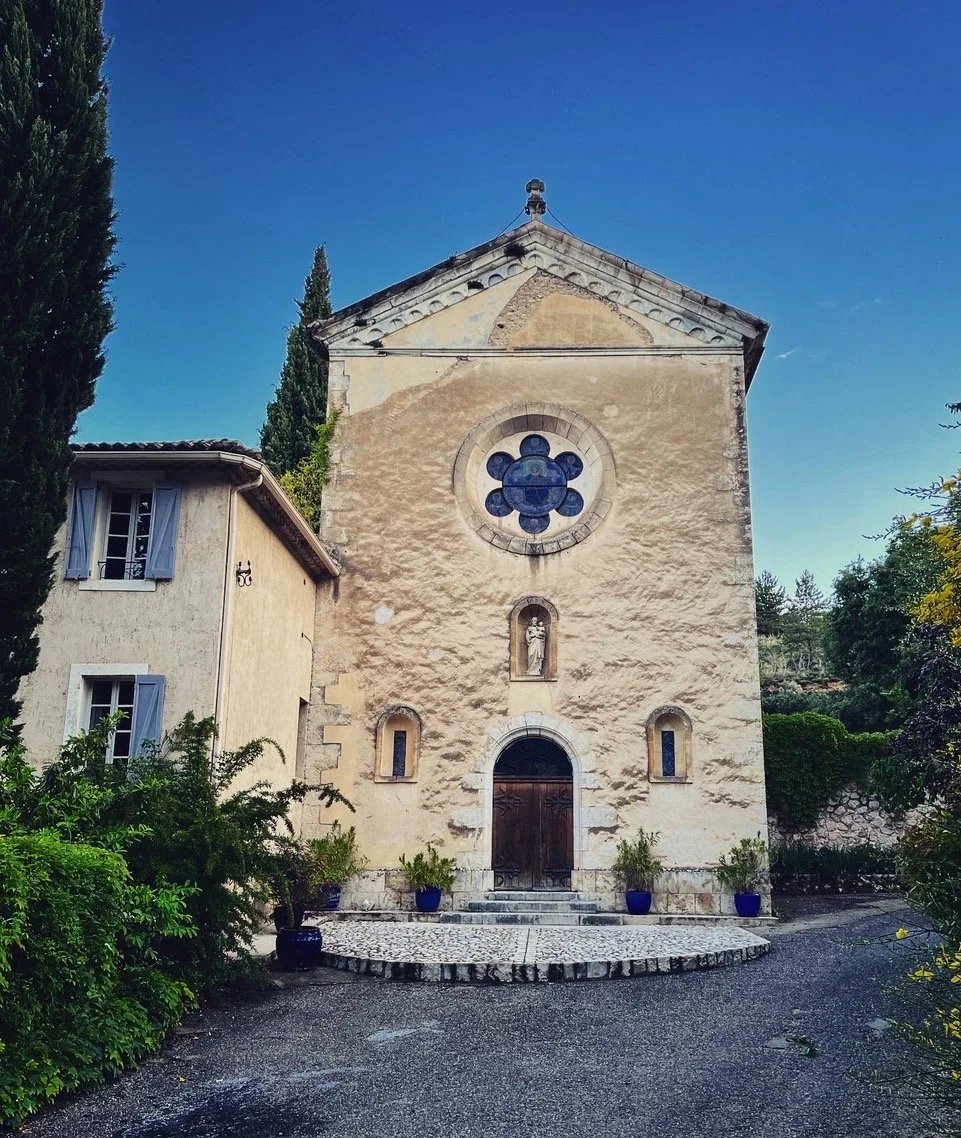
Occitan Camps
(Northern & Southern Occitanie)
Southern Occitanie Residential Week
July 21 -27, 2024
Leaders: Brendan Taaffe, Manu Théron, Audrey Peinado
Rehearsal Venue: Monastere de Segries in Moustiers-Sainte-Marie, France
Price: $1300 / $1150 youth
Enjoy gourmet meals and luxurious accommodations as you learn Occitan songs and dance traditions in one of the most beautiful villages of Provence.
“I don't know if I can put into words the excitement you stir up with the amazing music you find and bring to us through your travels and your international contacts. We get a visceral experience of different worlds when we sing a people's music as they would sing it, as opposed to through the lens of an arranger. Over and over, I found myself exclaiming out loud at some surprising cadence, some wild harmonic digression. To be able to sing this music, to learn what the words mean, was to participate in cultures worlds away from mine --such a privilege.”
-Adult camp participant
RESIDENTIAL WEEK IN SOUTHERN OCCITANIE: July 21-27 at Monastère de Ségriès, Moustier-Ste-Marie, Provence
Join us in beautiful Haute Provence for a week of Occitan singing. Occitan (langue d’oc) is the language of the Medieval Mediterranean, the language of the troubadours, a language suppressed by the Napoleonic ideal of a unified French identity that has been resurgent in recent decades.
We will spend the week at the lovingly restored Monastére de Ségriès in the hills above the Verdon River, eating gourmet food, drinking local wine, and exploring Occitan repertoire.
Encompassing dialects like Provençal, Occitan is the language of the troubadors and the Cathars, once widely spoken throughout southern France but then suppressed by the language of the northern court that we know now as modern French. Despite pressure from northern France, pockets of Occitan culture and music survived.
This year we have the good fortune to work with Manu Théron, leader of Lo Cor de la Plana and one of the key figures in the renaissance of Occitan polyphony. You’ll hear North African influences, be reminded of other Mediterranean traditions, and notice the roots of Quebecois chansons et repondres.
In our week in Moustiers, we will focus on the repertoire of Occitan de Sud (Provence, Languedoc, etc.). Much of this repertoire is more highly arranged than that of the Auvergne, so singers can look forward to a broader harmonic palette.
The monastery is a gem of a retreat and the rooms are quite lovely. Single and double rooms will be available for a surcharge.
Le Monastère de Ségriès is a converted Cistercian monastery just outside the Parc Naturel Régional de Verdon, an outstandingly beautiful area where the Verdon river has cut deep gorges through the limestone cliffs. It is located 6km from Moustiers-Sainte-Marie in the Parc régional du Verdon in the Provence Alpes Côte d'Azur region of France. A village ranked as one of the most beautiful in France, Moustiers’ little cobbled streets, quaint shaded squares, small bridges, and waterfalls lend this mountainside village the charm for which it is famous. A step up for Village Harmony, this program is DEFINITELY on the luxurious side, with upscale accommodations and farm-to-table meals.
Meet our Leaders
-

Brendan Taaffe
Based in Brattleboro, Vermont, Brendan Taaffe has been leading singing workshops around the world since 2004. An active composer, he specializes in American harmony styles and Zimbabwean makwayera style singing. In 2011, Brendan spent a month working with choirs in Zimbabwe to document songs from that tradition. He is a founding member of the Bright Wings Chorus and directs Turtle Dove, an organization that runs singing camps for adults. Brendan is also a multi-instrumentalist on guitar, fiddle, banjo, and mbira and holds an M.A. in performance from the Irish World Music Centre at the University of Limerick.
-

Manu Théron
Raised between Algeria and Marseilles, Manu discovered the Occitan language and its poetry and became involved in the Occitan revival movement when he was 18. He travelled around Italy and Bulgaria for four years, listening to and studying traditional polyphony, with an eye to how song was used to revive cultural, social and linguistic practices.
Back in Marseilles in 1995, Manu dedicated his life to Occitan singing and music. He founded the vocal trio “Gacha Empega”, which quickly became known in France for its punky vocal performances. Four years later Manu’s polyphonic ensemble “Lo Còr de la Plana” began touring throughout Europe and abroad, winning prizes and sharing their arrangements and new interpretations of traditional Occitan singing through their eternally popular workshops and performances.
We are incredibly fortunate to have Manu on staff for our Occitan week.
-

Audrey Peinado
Audrey Peinado has been exploring Occitan polyphonies for nearly 20 years. She regularly performs with musicians embedded in the life of this culture, and gives singing courses and workshops in Occitan polyphonies ad balèti singing.
Audrey is passionate about different modes of traditional singing—including Italian popular music—and has trained at the Glottes Trotteurs training center in Paris. She performs in the ensembles Curmaia and Chant des Grenouilles.
Le Monastère de Ségriès
Set in the heart of the national park, le parc naturel du Verdon, the Monastère de Ségriès is a former Cistercian monastery which has been converted into a guest house.
The grounds boast a large garden containing trees that are centuries old, an amphitheater, a covered colonnaded cloister that opens out onto a courtyard and fountain, a well-being and fitness area, a sauna and covered terrace, a heated swimming pool, an orchard, vegetable garden and a greenhouse.
The monastery is located 6km from the village of Moustiers-Sainte-Marie, a 45-minute drive from Manosque and a 1 hour and 15-minute drive from Aix-en-Provence. We will be making mini-buses available for participants with pick-up/drop-off in Manosque.
Remaining true to the original style, each bedroom at the monastery has been renovated soberly and elegantly. Each has a unique decor, with comfortable bedding, en-suite bath/shower room, and toilet.




